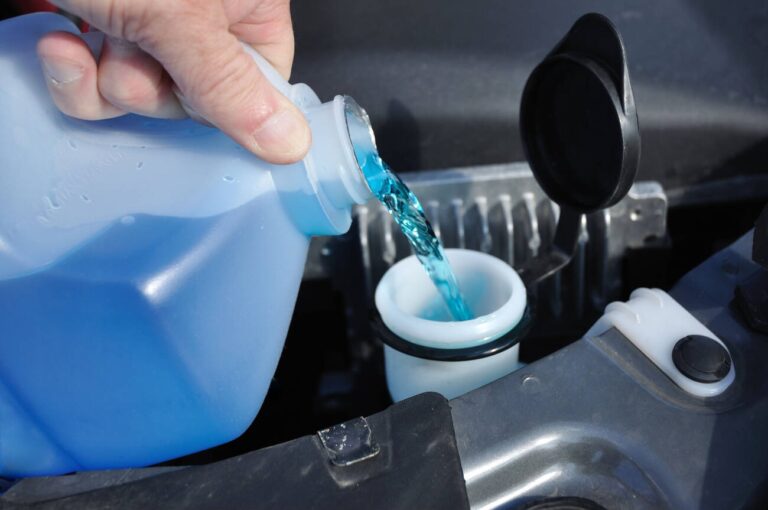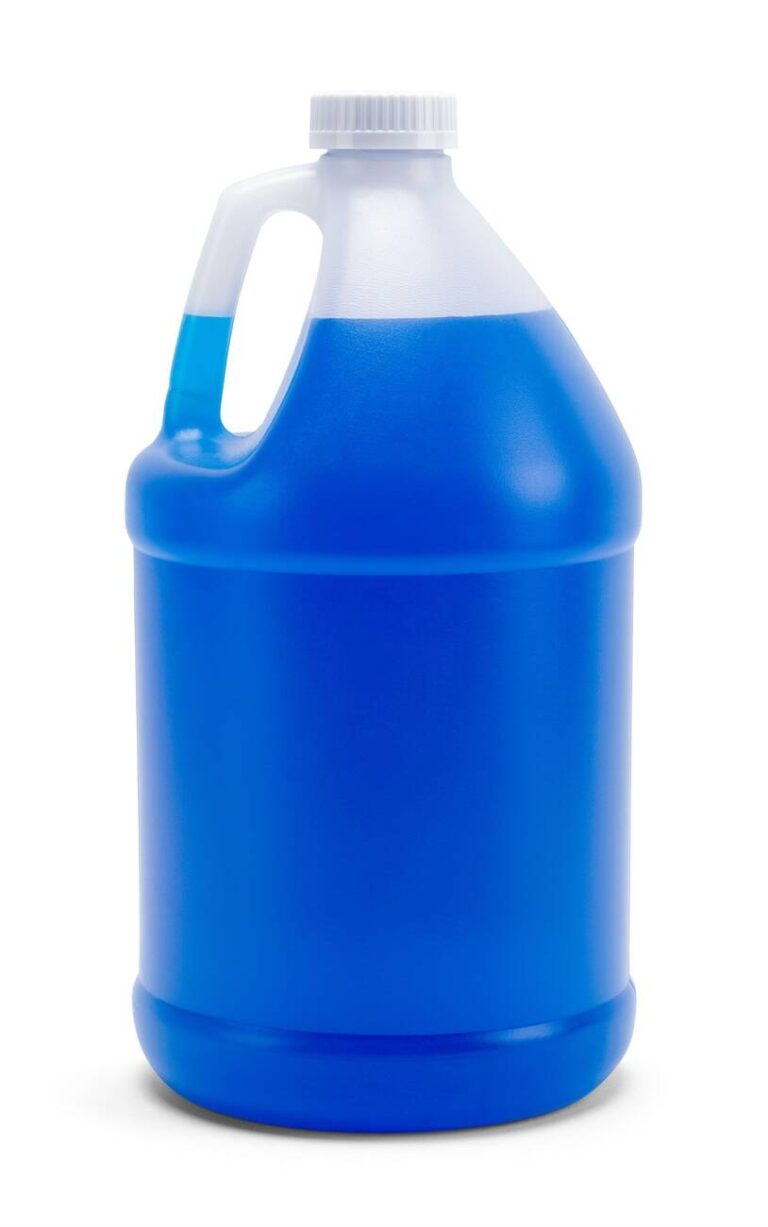Washer fluid is a common component in vehicles, but is washer fluid flammable? This question has sparked debates among drivers and mechanics alike. Understanding the flammability of washer fluid is crucial for safety and proper handling. In this article, we will explore the properties of washer fluid, its flammability, and provide essential tips for safe usage.
Drivers often overlook the chemicals used in their vehicles, assuming they are harmless. However, even seemingly innocuous liquids like washer fluid can pose risks if mishandled. As we delve deeper into the topic, you will gain a comprehensive understanding of washer fluid and its potential hazards.
Whether you're a seasoned mechanic or a new car owner, understanding the flammability of washer fluid is essential. By the end of this article, you will be equipped with the knowledge to handle washer fluid safely and make informed decisions about its use in your vehicle.
Read also:Paw Patrol Characters Meet The Brave Heroes Of Adventure Bay
Understanding Washer Fluid
Washer fluid serves a critical role in maintaining vehicle cleanliness and visibility. Commonly used to clean windshields, it removes dirt, bugs, and debris that obstruct the driver's view. But what exactly is washer fluid made of?
Most washer fluids consist of water, methanol, ethanol, or isopropanol, along with additives that enhance cleaning performance. While water itself is not flammable, the alcohol content in some washer fluids raises concerns about flammability.
Key Components of Washer Fluid
- Methanol: A highly flammable alcohol often used in washer fluids.
- Ethanol: Another flammable alcohol that may be present in some formulations.
- Isopropanol: Also flammable, though less volatile than methanol.
- Additives: Chemicals that improve cleaning efficiency and freeze resistance.
Is Washer Fluid Flammable?
The flammability of washer fluid depends on its composition. Washer fluids containing methanol, ethanol, or isopropanol are indeed flammable. These alcohols have low flash points, meaning they can ignite at relatively low temperatures.
However, not all washer fluids are flammable. Some formulations, especially those marketed as "eco-friendly" or "non-toxic," may use less volatile components, reducing their flammability risk.
Flash Point of Washer Fluid
The flash point is the temperature at which a substance produces enough vapor to ignite in the presence of a flame. For washer fluids containing methanol, the flash point is approximately 52°F (11°C). Ethanol-based washer fluids have a slightly higher flash point, around 59°F (15°C).
How to Safely Handle Washer Fluid
Given the potential flammability of washer fluid, it is crucial to handle it with care. Follow these safety tips to minimize risks:
Read also:When Did America End Slavery A Comprehensive Historical Overview
- Store washer fluid away from heat sources and direct sunlight.
- Keep it in its original container with a tight-fitting cap.
- Avoid spilling washer fluid on hot engine components.
- Dispose of unused washer fluid according to local regulations.
Proper Storage Practices
Storing washer fluid safely is vital to prevent accidents. Always keep it in a cool, well-ventilated area, away from children and pets. Label containers clearly to avoid confusion with other liquids.
Environmental Impact of Washer Fluid
While the primary concern about washer fluid is its flammability, its environmental impact also warrants attention. Some washer fluids contain chemicals that can harm aquatic life if improperly disposed of.
Opt for eco-friendly washer fluids that are biodegradable and free from harmful additives. These alternatives are safer for the environment and still effective in cleaning windshields.
Choosing Eco-Friendly Washer Fluid
When selecting washer fluid, look for products labeled as "biodegradable" or "environmentally friendly." These formulations typically use plant-based ingredients and avoid harsh chemicals.
Health Risks Associated with Washer Fluid
Exposure to washer fluid can pose health risks, particularly if inhaled or ingested. Methanol, a common component in washer fluid, is toxic and can cause serious health issues if absorbed through the skin or inhaled in large quantities.
Symptoms of methanol poisoning include headache, nausea, blurred vision, and in severe cases, blindness or death. Always wear protective gloves when handling washer fluid and ensure proper ventilation in the workspace.
Safety Precautions
- Avoid direct skin contact with washer fluid.
- Wash hands thoroughly after handling.
- Do not eat, drink, or smoke while handling washer fluid.
Regulations and Standards for Washer Fluid
Governments and organizations have established regulations to ensure the safe production and use of washer fluid. The Environmental Protection Agency (EPA) in the United States, for example, monitors the environmental impact of chemicals used in automotive products.
Manufacturers must comply with these regulations, ensuring their products meet safety and environmental standards. Always choose washer fluids from reputable brands that adhere to these guidelines.
Compliance with Safety Standards
Look for certifications or compliance marks on washer fluid packaging. These indicate that the product meets established safety and environmental standards.
Alternatives to Conventional Washer Fluid
For those concerned about the flammability and environmental impact of conventional washer fluids, several alternatives are available. Vinegar and water mixtures, for example, are effective at cleaning windshields without the risks associated with alcohol-based fluids.
Homemade solutions using distilled water and mild detergents can also be effective. While these alternatives may not offer freeze protection, they are safer and more environmentally friendly.
DIY Washer Fluid Recipes
- Vinegar and Water: Mix equal parts white vinegar and water for a natural cleaning solution.
- Soap and Water: Combine a few drops of dish soap with distilled water for a gentle cleaning option.
Common Myths About Washer Fluid
Several misconceptions surround washer fluid, particularly regarding its flammability. Let's debunk some of these myths:
- Myth 1: All washer fluids are flammable. Fact: Not all formulations contain flammable components.
- Myth 2: Washer fluid can explode in hot weather. Fact: While flammable, washer fluid requires a specific temperature and ignition source to combust.
Separating Fact from Fiction
Understanding the truth about washer fluid is essential for safe usage. Always refer to product labels and safety data sheets for accurate information.
Conclusion
In conclusion, washer fluid can be flammable, depending on its composition. While methanol and ethanol-based formulations pose risks, eco-friendly alternatives are available for those seeking safer options. By following proper handling and storage practices, you can minimize the risks associated with washer fluid.
We encourage you to share this article with fellow drivers and mechanics to raise awareness about washer fluid safety. For more informative content, explore our other articles on automotive care and maintenance. Leave a comment below if you have questions or additional tips to share!
Table of Contents
- Understanding Washer Fluid
- Is Washer Fluid Flammable?
- How to Safely Handle Washer Fluid
- Environmental Impact of Washer Fluid
- Health Risks Associated with Washer Fluid
- Regulations and Standards for Washer Fluid
- Alternatives to Conventional Washer Fluid
- Common Myths About Washer Fluid
- Conclusion


